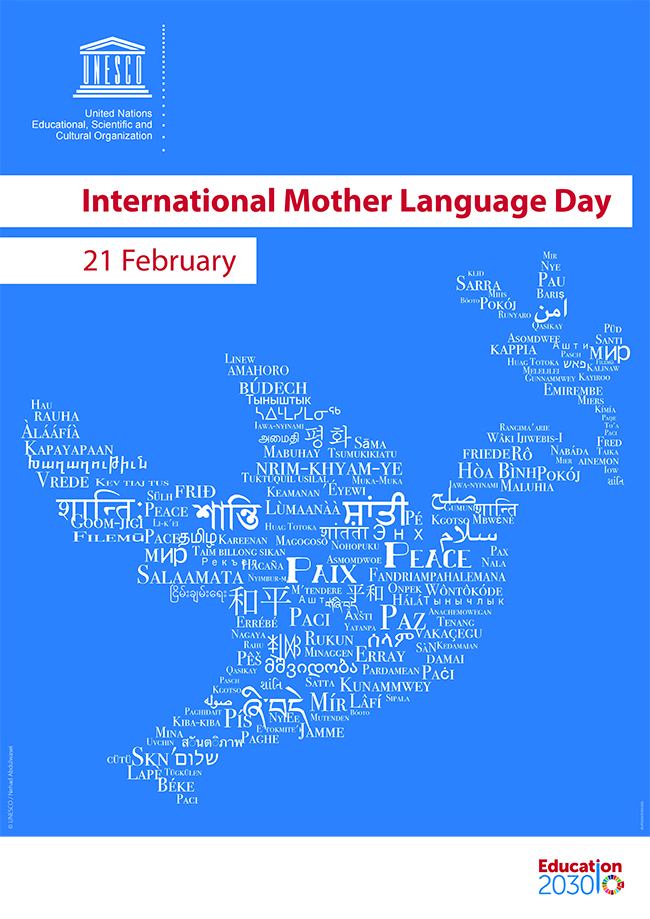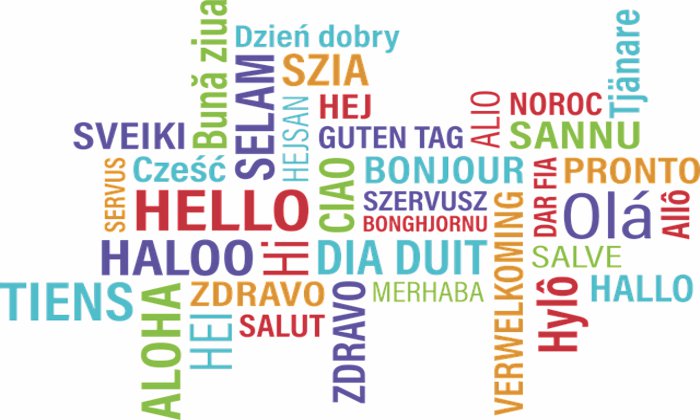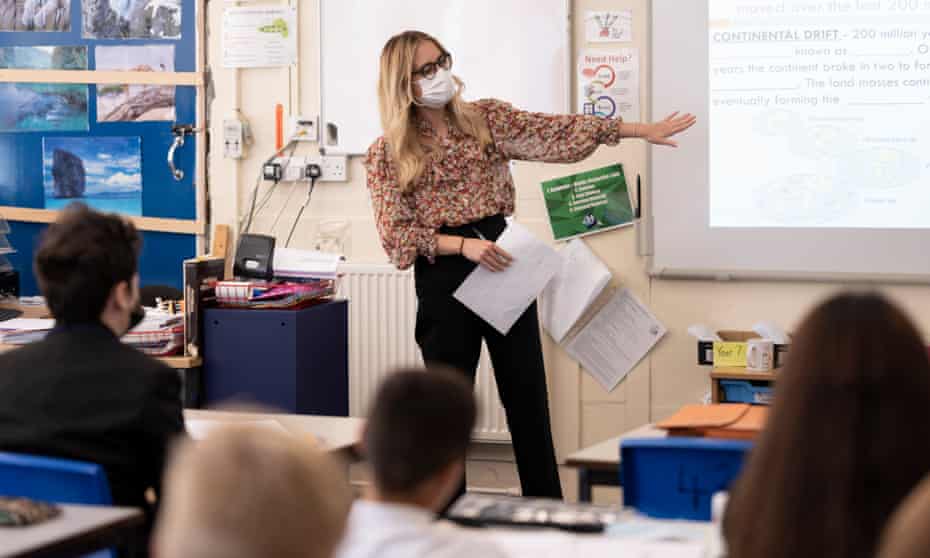Each year on 21 February, UNESCO invites people to recognize and celebrate mother languages on International Mother Language Day (IMLD).
International Mother Language Day recognizes that languages and multilingualism can advance inclusion, and the Sustainable Development Goals’ focus on leaving no one behind. UNESCO believes education, based on the first language or mother tongue, must begin from the early years as early childhood care and education is the foundation of learning.
- Theme 2022:
“Using technology for multilingual learning: Challenges and opportunities.”
The theme of the 2022 International Mother Language Day, “Using technology for multilingual learning: Challenges and opportunities,” raises the potential role of technology to advance multilingual education and support the development of quality teaching and learning for all.
Technology has the potential to address some of the greatest challenges in education today. It can accelerate efforts towards ensuring equitable and inclusive lifelong learning opportunities for all if it is guided by the core principles of inclusion and equity. Multilingual education based on mother tongue is a key component of inclusion in education.
During COVID-19 school closures, many countries around the world employed technology-based solutions to maintain continuity of learning. But many learners lacked the necessary equipment, internet access, accessible materials, adapted content, and human support that would have allowed them to follow distance learning.
Moreover, distance teaching and learning tools, programmes and content are not always able to reflect language diversity.
credits: Dan Watson/The Signal
- The role of teachers:
The overall aim of IMLD 2022 is to contribute to the achievement of Sustainable Development Goal 4 by recognizing the role of teachers in promoting multilingual teaching and learning through technology.
More specifically, IMLD 2022 aims to:
- Consider the potential role of technology, including traditional media such as radio and television, in supporting multilingual teaching and learning;
- Reflecting on technologies and its potential to support multilingual teaching and learning.
It requires a sharper focus on:
- Teaching training
- Revisions of academic programmes
- Creation of suitable distance learning environments.
Technology has the power to address some of the biggest challenges in education today.
This includes mother tongue-based multilingual learning, a key element for inclusion in education, which also fosters respect for diversity and a sense of interconnectedness between countries and peoples.







No comments:
Post a Comment